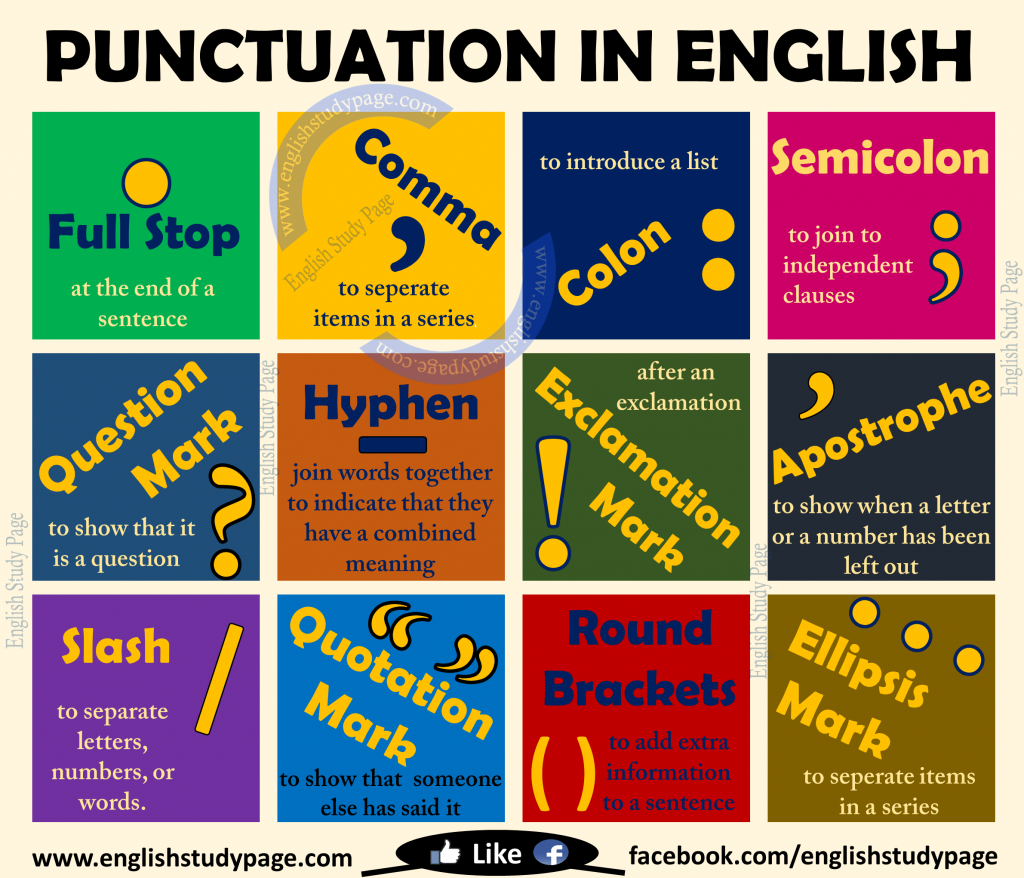Proper grammar, punctuation, and spelling are essential components of effective communication. They help convey messages clearly and accurately, ensuring that the intended meaning is understood by the reader. Without these elements, written communication can be confusing, unclear, and even misleading.
Grammar refers to the rules that govern the structure of sentences and how words are used in a language. It includes aspects such as subject-verb agreement, verb tense, and sentence structure. Punctuation is the use of symbols such as commas, periods, and apostrophes to clarify the meaning of a sentence and indicate pauses or emphasis. Spelling, on the other hand, involves correctly forming words using the accepted letters and combinations of letters.
Grammar, Punctuation, and Spelling
When writing, it is crucial to pay attention to grammar, punctuation, and spelling to ensure that your message is clear and professional. Incorrect usage of these elements can lead to misunderstandings, misinterpretations, and a negative impression on the reader. Poor grammar can make your writing appear unpolished and unprofessional, while punctuation errors can change the meaning of a sentence entirely. Spelling mistakes can also detract from the credibility of your writing.
By following the rules of grammar, using punctuation correctly, and double-checking your spelling, you can enhance the effectiveness of your written communication. Clear and error-free writing demonstrates your attention to detail and professionalism, helping you to convey your ideas more convincingly and persuasively. It also shows respect for your audience by making your message easy to read and understand.
Furthermore, good grammar, punctuation, and spelling are essential in academic and professional settings. In academic writing, adhering to these conventions is necessary to convey your ideas clearly and meet the standards of scholarly communication. In the business world, well-written documents reflect positively on your competence and can enhance your credibility with colleagues, clients, and supervisors.
In conclusion, grammar, punctuation, and spelling play a vital role in effective communication. By following the rules of grammar, using punctuation correctly, and checking your spelling, you can ensure that your writing is clear, professional, and impactful. Investing time and effort into mastering these elements will improve your written communication skills and help you succeed in various personal, academic, and professional endeavors.
